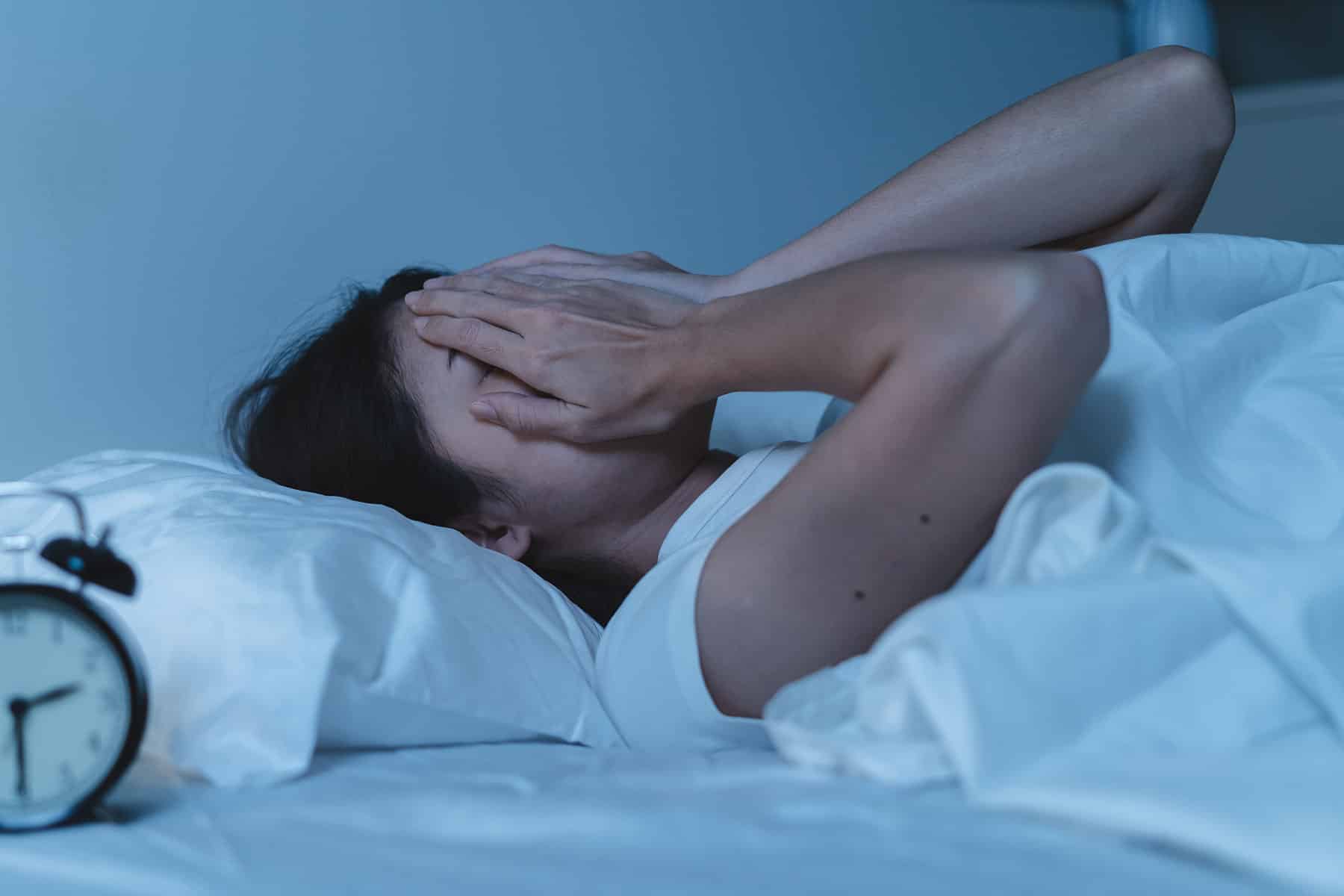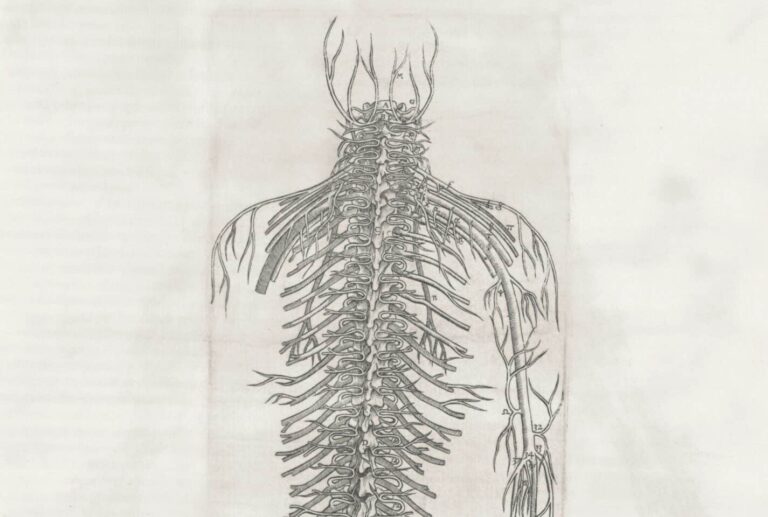During withdrawal, you may experience a range of seriously unpleasant symptoms. For some people, these symptoms include vivid dreams or nightmares. These dreams can feel unsettling — sometimes so real that you wake up anxious, guilty, or unsure if you actually drank. They can also leave behind emotions that linger long after you’re awake, adding to the mental strain of early recovery.
While this experience can be confusing, it’s actually a common withdrawal symptom that’s part of your body and brain healing from alcohol dependence. Understanding why these dreams happen can help you feel more in control and reassured that what you’re experiencing is temporary and meaningful in your recovery process.
Why Do Alcohol Withdrawal Dreams Occur?
What is the connection between vivid dreams and alcohol withdrawal? The answer to this question lies in alcohol’s impact on your normal sleep patterns.
Basically, alcohol withdrawal dreams occur because the brain is adjusting to life without alcohol after a period of dependence. During this adjustment phase, several biological and psychological factors come into play.
REM Rebound
Healthy sleep occurs in a series of recurring stages, and a specific kind of sleep activity marks each stage. During the REM or rapid eye movement stage of sleep, your brain is particularly active. As a result, your REM dreams tend to be more vivid or intense.
When you drink heavily, you can decrease the duration of REM sleep. If you quit drinking and go through alcohol withdrawal, your REM stage will start to return to normal. It’s called REM rebound because your brain is “rebounding” or making up for lost REM sleep.
In many cases, the result is the onset of intense, vivid dreams. Unfortunately, these dreams often take on the quality of nightmares. They are sometimes lucid enough to seem like real, waking experiences.
Neurochemical Changes
Alcohol disrupts the balance of brain chemicals that influence mood and sleep, mainly GABA (the brain’s main calming neurotransmitter) and glutamate (the brain’s main stimulating neurotransmitter).
When you stop drinking, your brain has to readjust how it uses these chemicals. GABA activity drops, so your brain loses its calming buffer. Glutamate rebounds, making your brain more excitable than usual.
During this process, your brain activity often spikes during sleep, which can make dreams feel more vivid, emotional, or even chaotic. This stage typically improves as your body restores its natural chemical rhythm.
Emotional Processing
Alcohol numbs emotions that might otherwise surface in daily life. Once you stop drinking, those emotions — like anxiety, guilt, or fear — can rise to the surface. During sleep, your brain starts to process these unresolved feelings, which can show up as intense or symbolic dreams. These emotionally charged dreams are a normal part of your mind’s recovery process.
Sleep Fragmentation
Withdrawal often causes disrupted or restless sleep. Because you’re waking up more often through the night, you’re more likely to remember your dreams in detail. Even brief awakenings between sleep cycles can make dreams feel stronger or more realistic. Over time, as your sleep becomes more consistent, these vivid dreams usually fade.
Common Themes of Vivid Dreams From Alcohol Withdrawal
Roughly one in every five people going through alcohol withdrawal will have vivid dreams with alcohol-related themes. The vast majority of these people will dream of actually consuming alcohol. You may also experience other kinds of dreams while going through withdrawal. These dreams may focus on themes such as:
- Friends or family members
- Strangers
- Buildings and landscapes
- Specific kinds of objects
In terms of time, the most common setting for vivid dreams stemming from alcohol withdrawal is the recent past. Your dreams may also take place during childhood, in the present day, or in the future. You also may not remember the setting, just that the dream was vivid.
How These Dreams Affect the Person Detoxing
Dreams of drinking while in alcohol withdrawal may trigger various negative, unpleasant emotions. Common examples of these emotions include:
- Fear
- Guilt
- Helplessness
- Anger
- Frustration
These feelings can be powerful, especially when the dream feels real. Many people wake up with a sense of panic or shame, wondering if they actually drank — even when they didn’t. That confusion can make it hard to shake off the emotional weight of the dream.
Why the Feelings Hit Harder During Alcohol Withdrawal
Because withdrawal is already a time when the body and brain are working to regain balance, vivid dreams can hit harder than usual. The emotions you feel in the dream don’t always stay contained in sleep — they can carry over into the next day. You might wake up tense, drained, or unsettled, with the dream’s emotions still echoing in your body.
When the Feelings Are Hard to Describe
Sometimes it’s not even clear what you’re feeling, only that something feels off. This happens because your brain processes emotions in REM sleep, the same stage where these vivid dreams occur. During withdrawal, that process becomes more intense as your mind works through built-up stress and emotion that alcohol used to suppress.
So while these dreams can be uncomfortable or even distressing, they’re also a sign that your brain is healing and relearning how to process emotion naturally again.
How Long Do the Crazy Dreams Last After Quitting Drinking?
No one can say how long you will experience vivid alcohol withdrawal dreams. However, returning to a normal sleep pattern usually takes between one to two weeks. Be aware that the process can take longer. Sometimes, you may need a full three weeks to end the cycle of vivid dreams.
If your dreams are highly distressing, your doctor may prescribe a sedative. Medications of this type can potentially speed up your return to a stable sleep pattern. They can help limit your exposure to vivid dreams or nightmares.
How to Cope With Vivid Dreams Without Turning Back to Alcohol
Vivid dreams during alcohol withdrawal can feel overwhelming, but they don’t mean you’re doing something wrong. In fact, they’re often a sign that your body and mind are healing. What matters most is how you respond when those dreams leave you uneasy or shaken.
Remind Yourself It Was Just a Dream
When you wake up from a vivid dream, your first instinct might be panic — especially if it involved drinking. Take a slow breath and remind yourself that it didn’t actually happen. Grounding yourself in the present moment helps your brain separate the dream from reality. Sometimes saying it out loud (“It was only a dream. I’m still sober.”) can make that separation feel more real.
Give Yourself a Moment to Reset
After an intense dream, it’s normal to wake up with lingering tension or emotion. Instead of pushing it away, take a few minutes to reset. Sit up, stretch, or drink some water. If you can, write down what you remember — not to analyze it, but to release it. This small act can help clear your mind so you can go back to sleep more peacefully.
Talk About What You’re Experiencing
You’re not alone in this. Many people in recovery experience similar dreams, especially early on. Sharing your experience with a sober support group, a loved one, or a therapist can help you put the dreams in perspective. Talking about them takes away their power and replaces isolation with understanding.
Trust That It Gets Easier
As your brain and body continue to adjust, these dreams typically become less frequent and less intense. Each one is another step toward restoring balance — a sign that your mind is healing from the effects of alcohol, and you’re making progress in your recovery. Hold on to that progress. With time, sleep becomes calmer, mornings feel lighter, and those dreams lose their grip.
Start Your Recovery With Safe, Supportive Detox
Vivid dreams and restless nights are common signs that your body is working hard to heal. At Northpoint Recovery, we provide medically assisted detox to help you manage withdrawal symptoms safely and begin your recovery with the right support.
Our experienced team offers round-the-clock care in a calm, structured environment where you can focus fully on getting better. Once detox is complete, we’ll help you transition into the next stage of treatment and build a strong foundation for long-term sobriety.
You deserve to feel stable, rested, and ready for what’s ahead. Contact us today to learn how medical detox and alcohol addiction treatment can help you take that first step toward lasting recovery.


